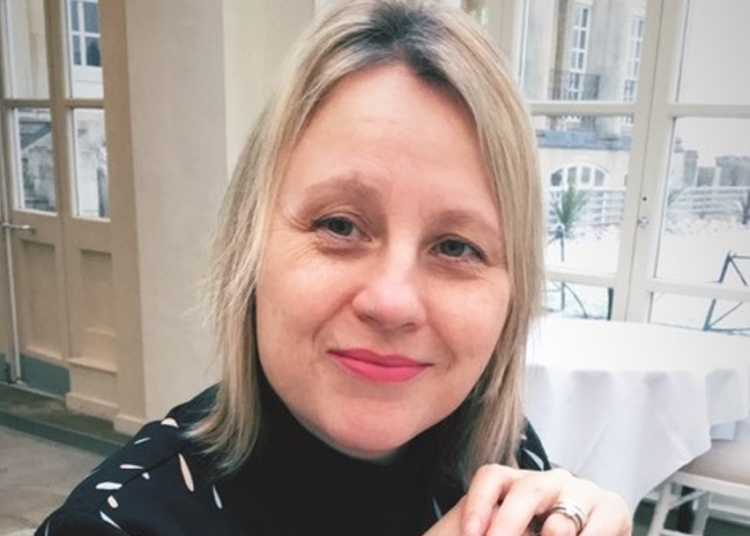We’ve all seen the shameful stats – 1 in 4 women in the UK aged 16 or more experience domestic violence, among them young, lone women who head 90 per cent of the 117,000 homeless families living in temporary accommodation with little financial or emotional support. And it’s a rising tide. Violence against women rose by 37 per cent between 2018 and 2023.
The figures speak for themselves. The testimonies of women empowered by their survival of domestic violence and homelessness speak louder, as Bill Randall discovered at a meeting held to celebrate the 50th anniversary of Brighton Women’s Centre (BWC).
After the general hubbub of introductions, absolute silence fell on the meeting as Kerry* catalogued the long period of extreme violence and coercion she had endured at the hands of a partner.
Moving and inspirational, it was tough stuff. Some audience members wept. Everybody came to their feet and applauded as Kerry finished.
JoJo then recalled how she had arrived homeless and without support in Brighton and encountered extreme problems finding somewhere to live. Another standing ovation followed.
Kerry and Jojo credited BWC with providing one-to-one counselling, support, advice and signposting in safe, kind and welcoming spaces to help them slowly rebuild their lives.
They are among the 868 women, some at rock bottom, who used one or more of BWC’s many services during 2023-24, an increase of 23 per cent in the number who came through its doors in the previous year.
Some 88 per cent of those using its Women’s Hub services in Brighton, Eastbourne, St Leonard’s and Worthing had been subjected to domestic abuse.
The Women’s Hubs are run by four staff members one of whom is a senior practitioner with specialist training to support women who have experienced domestic and sexual abuse.
Volunteers have always been an important part of the BWC story, and 14 work in the hubs. During the year, five completed the centre’s volunteer training programme and two moved into paid work with the organisation.
Among those using the hubs are women caught up in the criminal justice system. BWC works with them through its “Inspire” initiative, which had 209 referrals from the probation service last year.
A prison link worker was recruited to work in partnership with BWC’s Women’s Accommodation Support Service to provide support around homelessness, housing and social inclusion for women in custody and leaving prison.
The team manages referrals through regular meetings with the probation service to ensure priority is given to women in most need of support to address the factors that led them to reoffending.
Working closely with Sussex Police and the probation service, the Centre launched “Care not Custody” during the year to work with women at the point of breaching probation community orders.
The Women’s Accommodation Support Service has seen a 71 per cent increase in demand over the past two years. During 2023-24 it supported 170 women through light-touch help at one of the hubs, on the phone and longer-term casework, advocacy and information.
Partnership with statutory services is a key element of this work and so many of BWC’s other services.
The food bank supported 136 households, a 30 per cent rise in demand on the previous year, with 1,165 parcels of food including store cupboard items, fresh fruit and vegetables, toiletries and period products.
The ToyBox Early Years crèche clocked up 570 hours of childcare for 14 children aged 3 months to 5 years and 142 support sessions for parents.
BWC organises six regular peer-to-peer groups across Sussex that help women, many of them otherwise isolated, build friendships. These groups held 224 meetings during 2023-24, a 47 per cent increase on the previous year.
Group members are involved in running the services, selecting new workshop themes and group activities, contributing to the peer-to-peer monthly newsletter and acting as ambassadors at peer participant waiting list social events.
Ninety per cent of group members said they gained greater social connection through their engagement with the service.
Thankfully, the value of BWC’s work is widely recognised. New funding from the Ministry of Justice, NHS, the Sussex Police and Crime Commissioner and the National Lottery helped its income grow by 59 per cent during 2023 -2024. Funding went to new and existing projects. It is money well spent.
BWC director Lisa Dando said: “Most of work our takes place in areas of high deprivation with women experiencing issues linked to, or heightened by, poverty.
“Often the primary caregivers, many women survive on low incomes and struggle to heat their homes, feed and clothe themselves and their children.
“Fifty years on, there is still so much to do. While we’re still needed, we’ll still be here!”
*Not her real name
Bill Randall was the Mayor of Brighton and Hove in 2012-13. Brighton Women’s Centre was one of the charities he supported during his mayoral year.







